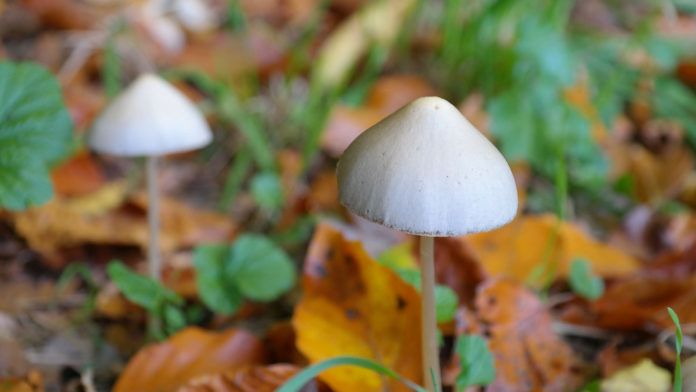New research suggests an unlikely player in the reduction of violent criminal behaviour: classic psychedelics like LSD or psilocybin mushrooms reduces antisocial behaviour, leading to a reduced likelihood to commit crimes such as theft, larceny, property crimes, and violent crimes like assault.
This is in sharp contrast to other illicit drugs, such as synthetic drugs, which were associated with increased odds of committing the same crimes.
The research, a collaboration between the University of Alabama at Birmingham, Johns Hopkins University, and the University of British Columbia Okanagan, points to genuine mental health benefits to using classic psychedelics, leading to true reductions in criminal behaviour, and not just an improved ability to avoid getting arrested for them.
While this is by no means an endorsement for their recreational use, it is a call for further investigation in a controlled setting, and a re-examination of the policies surrounding their use.
The study used data obtained by the National Survey on Drug Use and Health, administered by the U.S. Department of Health and Human Services, to probe the effect of classic psychedelics on criminal behaviour. This responses to 13 years of this annual survey allowed the team to analyze data from 480,000 American adult respondents.
Common classic psychedelics include ayahuasca and peyote (both are traditional spiritual or ritual substances), dimethyltryptamine, LSD, mescaline, and psilocybin mushrooms.
The study found that respondents who had used classic psychedelics committed 27 percent fewer crimes of larceny or theft, and were 22 percent less likely to be arrested for violent crimes in the past year. The one noted exception was an increased likelihood of drug crimes, such as drug possession or dealing.
By contrast, lifetime use of other illicit drugs was correlated with increased odds of committing theft and violent crimes.
Classic psychedelics were originally used to treat mental illness before being reclassified as controlled substances in the 1970s.
While the authors advocate for further controlled testing of classic psychedelics to understand their potential from a mental health perspective, they warn there would be significant ethical concerns surrounding their mandatory use as part of rehabilitation. Indeed, there are also risks to personal safety while using hallucinogens, and their recreational or unsupervised use are not recommended.









































